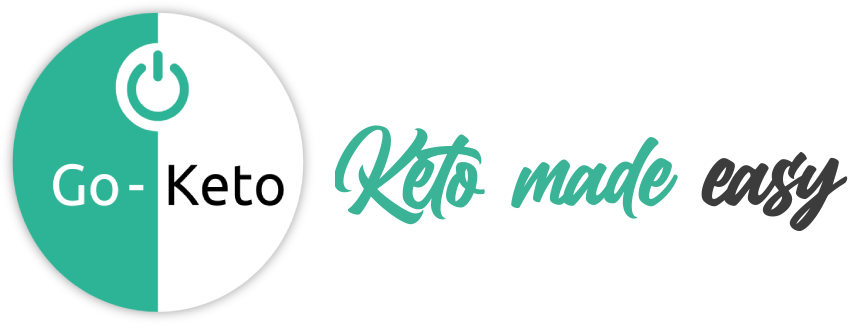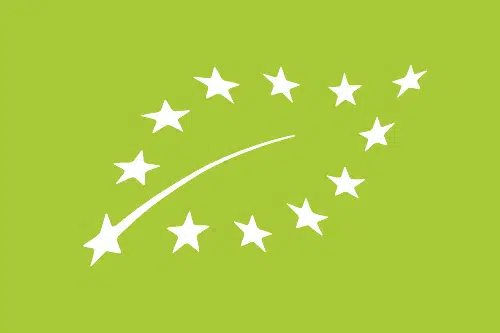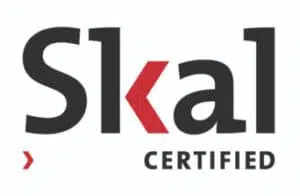Cholesterol consists of HDL and LDL and is an important building block for your cells. HDL is also referred to as the ‘good’ cholesterol because it collects all unused cholesterol from your body and transports it to the liver where it is broken down. So it cleans your veins, including the remaining LDL particles.
LDL is also known as the ‘bad’ cholesterol. It is not really bad because your body needs it. But LDL can oxidize more easily and thereby attach itself to the vessel wall and eventually cause blockages in the vessels which cause a greater risk of cardiovascular disease.
Balance
It is the balance between HDL and LDL that is therefore important. Enough of the ‘good’ HDL cholesterol in relation to the total thus contributes to a healthy cardiovascular system.
For an optimal balance it is important that you consume enough healthy fats. So less hardened, processed and saturated fats – which decreases LDL, and more mono and polyunsaturated fats, which increases HDL.
Healthy and unsaturated fats can be found in: Extra virgin olive oil, krill oil, fatty fish such as wild salmon, herring, sardines and mackerel (in moderation), Linseed and linseed oil, Chia seed, Nuts, Avocado, Hemp seed, Fish oil, Eggs, Kernels and seeds such as sunflower seeds, pumpkin seeds, pine nuts and sesame seeds.
Healthy Fat
In the keto diet, fat is used as your body’s main fuel instead of sugar and carbohydrates. You add extra fat to your diet. It is important that you choose healthy fats such as MCT and coconut oil, krill oil, nuts, avocados, olive oil and oily fish.
The keto diet, without sugars and carbohydrates and with a higher fat intake, can indeed increase your total cholesterol slightly. This is good, as long as you choose healthy fats, which improve the condition of your vessels and protect your heart.




